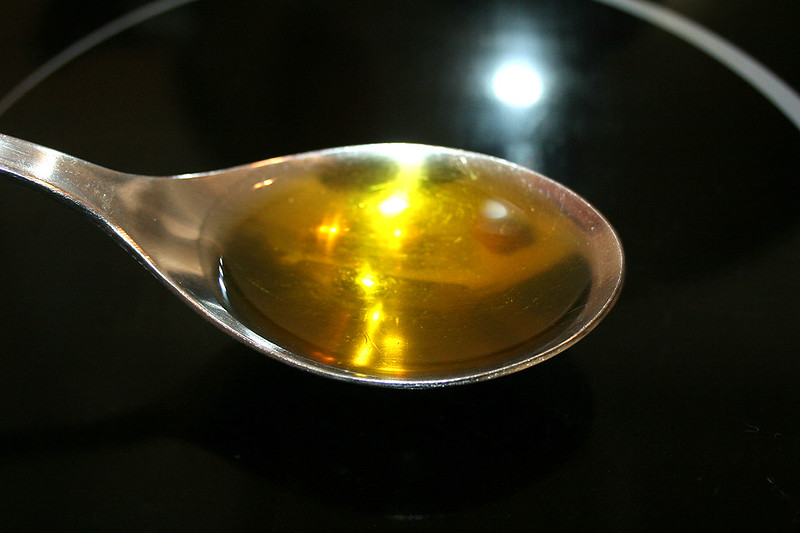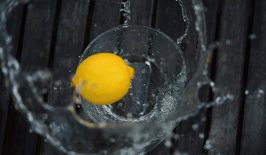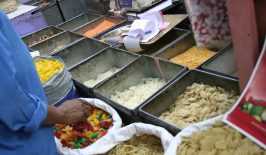Part of a wave of food entrepreneurs looking for ways to make our diets more sustainable, Biteback is taking palm oil off the menu – and adding bugs instead.
“Can insects feed the world?” When faced with the challenge of how to feed the nine billion people that are estimated to one day be populating the planet, it’s a good question. There are over 2000 types of edible insects already known to us, but bugs have never been a part of most Western countries’ diet. While for many other places in the world, including countries in Asia, Africa and South America, entomophagy, the human use of insects as food, is everyday practice. In fact, according to a 2013 FAO report (Edible insects: Future prospects for food and feed security), around 2 billion people already include insects in their diets, with around 1900 different insect species being consumed globally.
It is well known that insects are a high source of protein, as well as providing essential fats, vitamins, fibre and minerals, such as iron and calcium. They could offer a genuine solution as to how to provide adecuate nutrition in a densely-populated world – cheaper, more accessible, and of course, much less environmentally-damaging than animal protein. But, while it might seem unavoidable that our future diets will include bugs, one important first step might be a change in our perceptions.
What if we could eat bugs without actually ever seeing any bugs? If we could disguise them in some way? That’s what an initiative in Guatemala has already done, by turning bugs into nutritious flour and baking it into bread and cookies. And now from Indonesia comes Biteback, set up by two young entrepreneurs who have developed an innovative new kind of oil extracted from beetle larvae.
And their project has another objective too: curbing the production of palm oil too. Indonesia is the largest producer of palm oil in the world, and the market is harming the country’s natural environment, with palm oil production the single biggest cause of deforestation in the country.
¨We are working to reduce our dependency on palm oil, which is the key ingredient in 50 per cent of all packaged items in the supermarket. It is the most used vegetable oil on the planet, accounting for 65 per cent of all vegetable oil traded internationally,” said Mush’ab Nursantio, Biteback’s founder and CEO, to Food Tech Connect.
Biteback uses so-called superworm (real name!) beetle larvae (Zophobas morio) to produce different kinds of oils and fats, which can be used for cooking and baking but also (as palm oil often is) for cosmetic and personal care products. And as well as their beetle oil being rich in minerals such as iron, calcium and magnesium, according to the company website, an insect oil yield is 40 times that of what palm oil would be on the same amount of land.
The production process is inspired by the principles of the circular economy: the insects that are used to produce the oil are fed with processed food waste, and the oil they make then goes towards producing food, some of which ends up as waste which is then fed back to the insects, and so the cycle continues. They also make use of any byproducts too, including insect frass which can be used as organic fertilizer, and chitin, a polymer which can be used to create bio-plastics. However for the time being, their main focus is on selling the oil.
“In the beginning, we are planning to sell our cooking oil as a premium product, since it’s still more expensive than other vegetable oil. Once we scale our production and reduce the cost significantly, we will try to reach the mass market in South East Asia, where insects are already consumed in a daily basis,” they told Food Tech Connect.
Think eating bug oil sounds futuristic? It could be your new reality sooner than you think: a new set of EU rules came into force at the beginning of 2018 that allows insect food to be sold in the European market.






